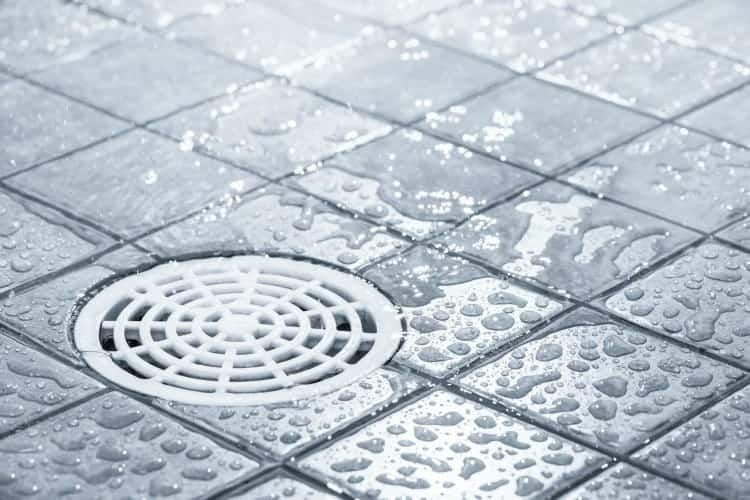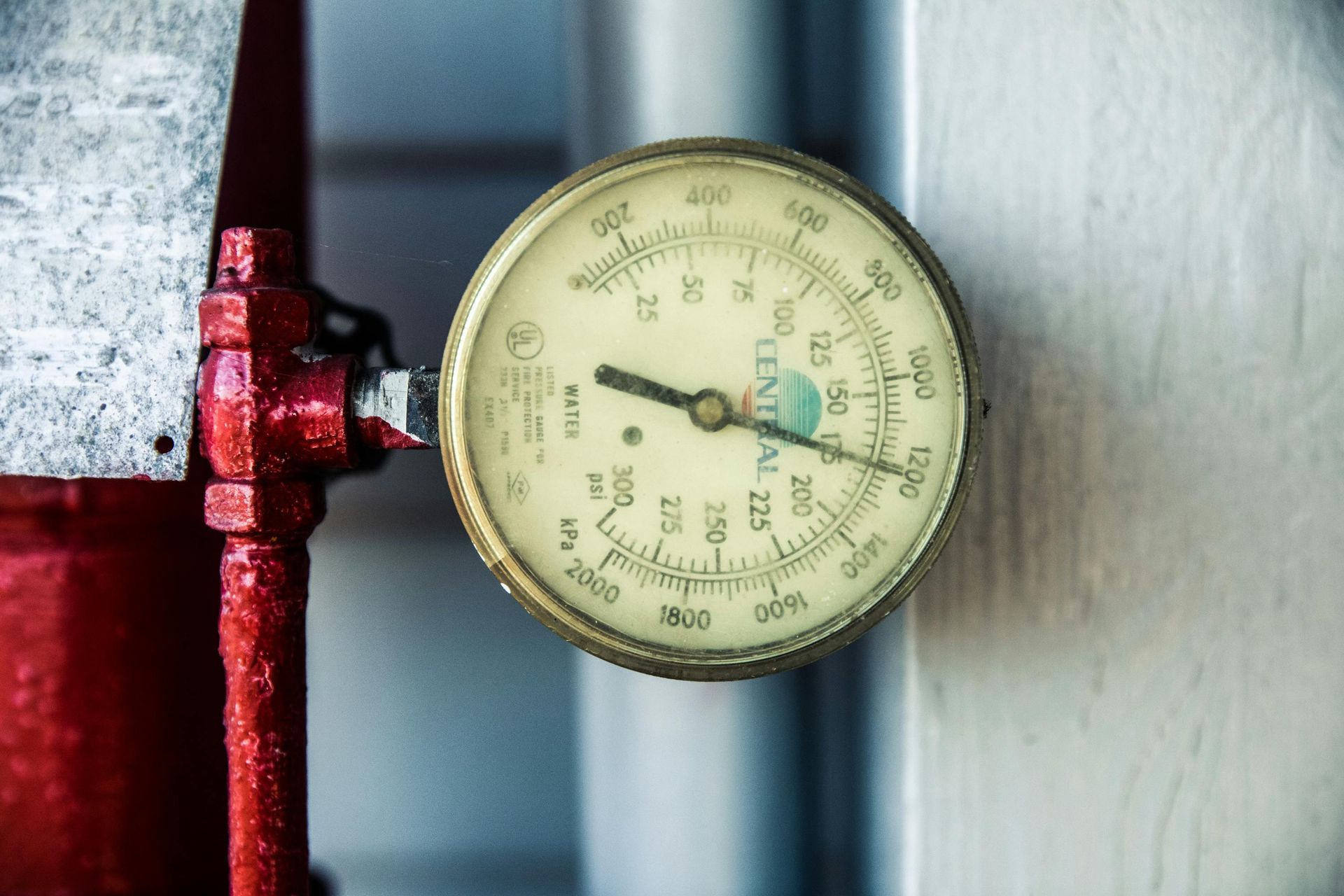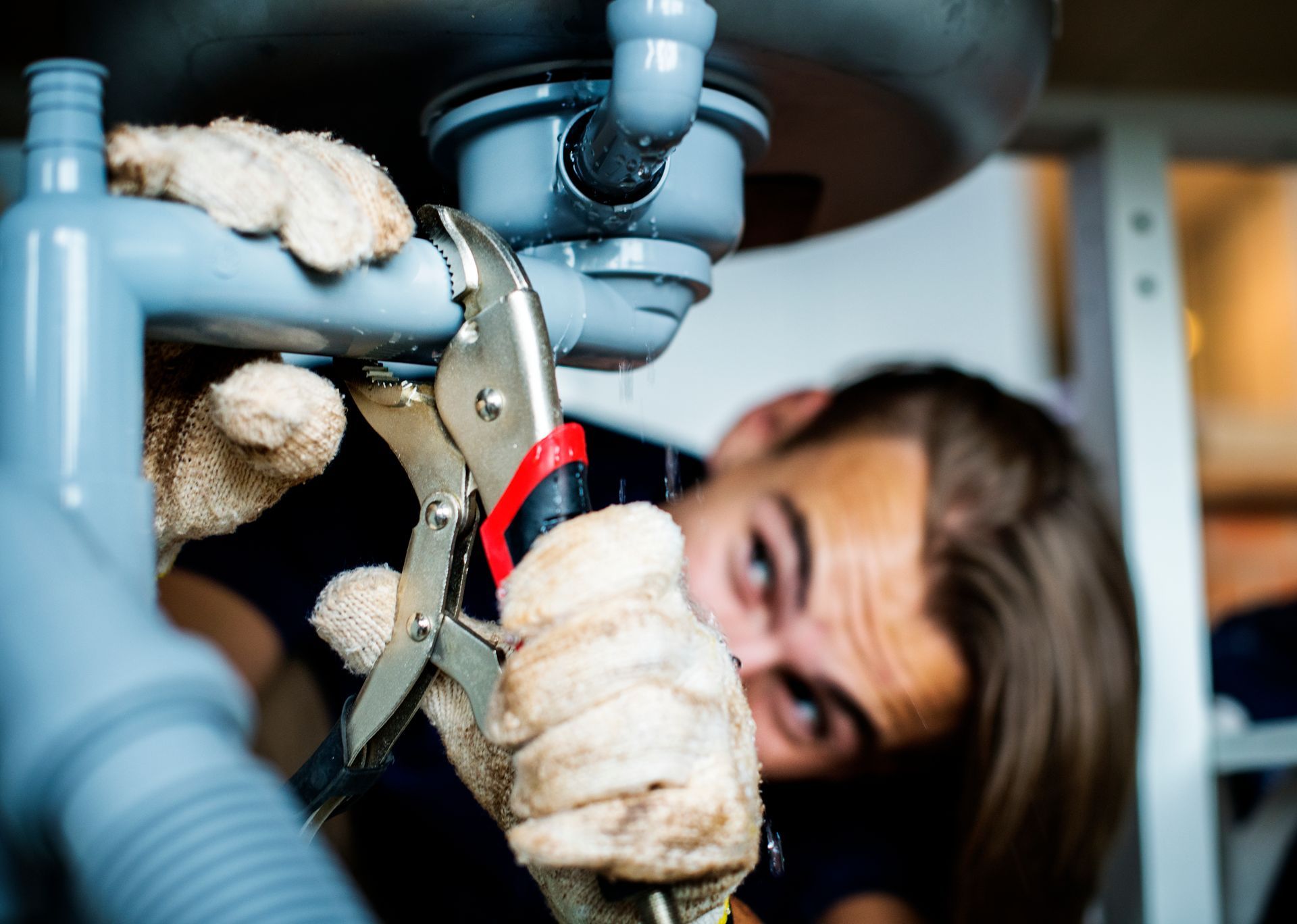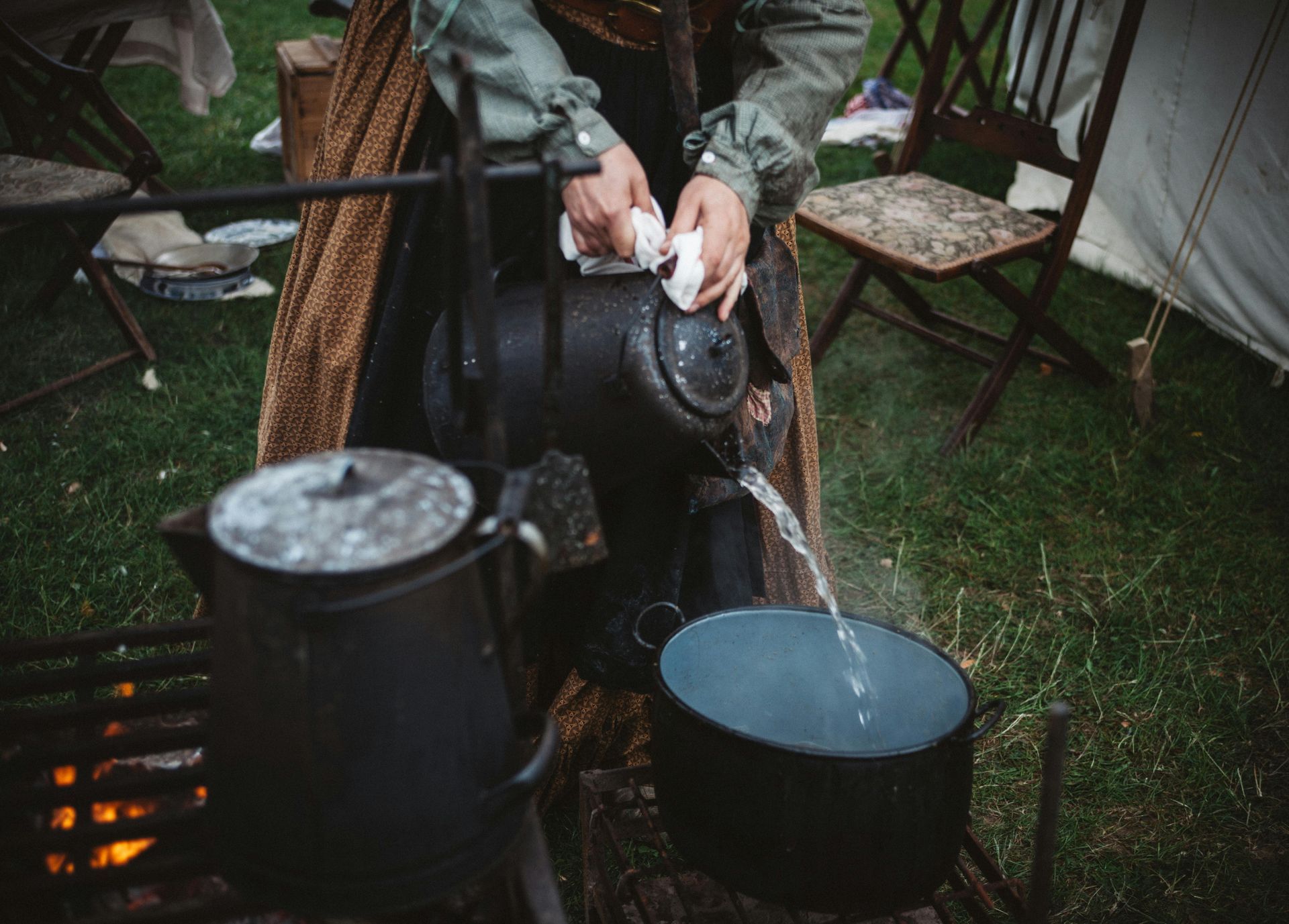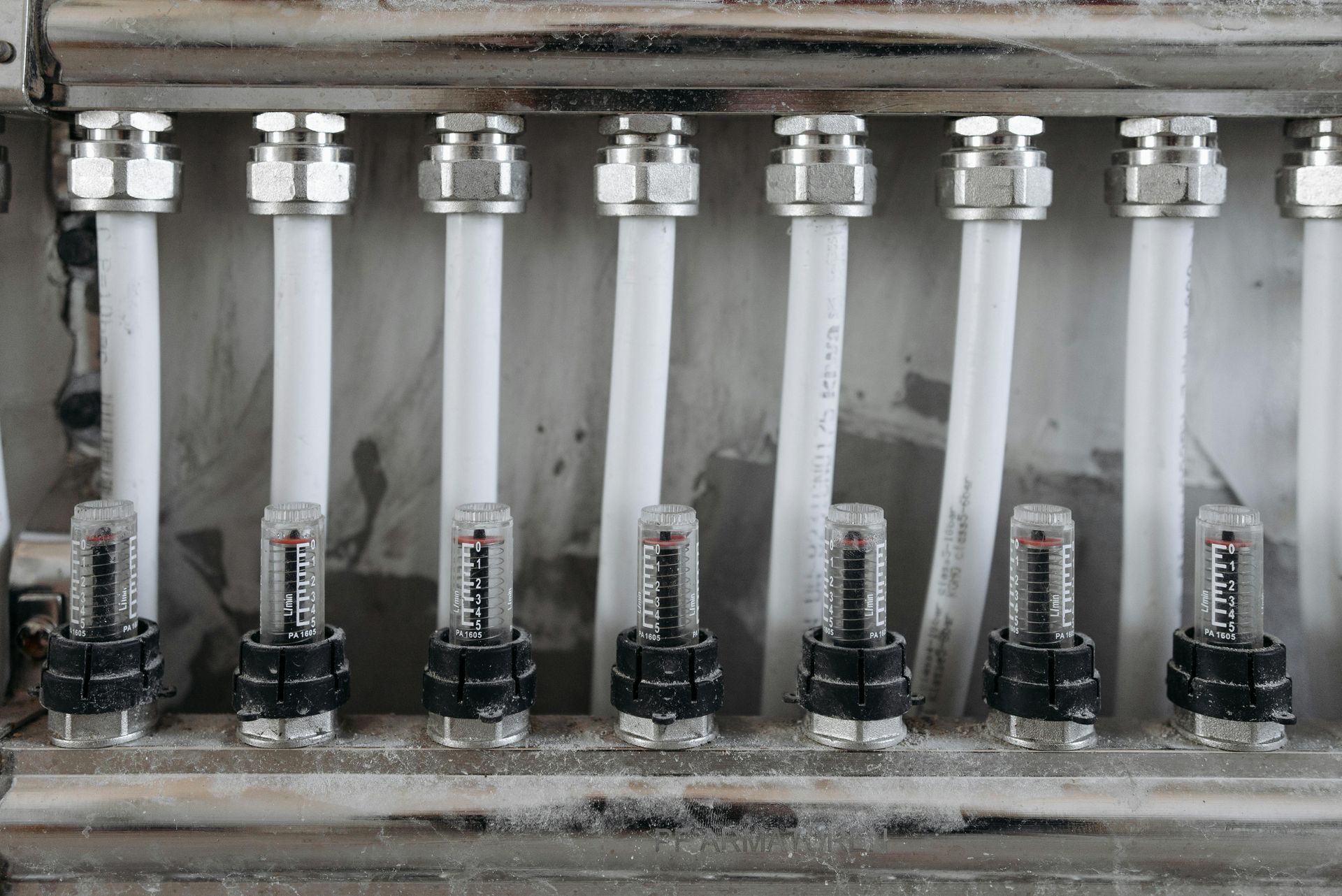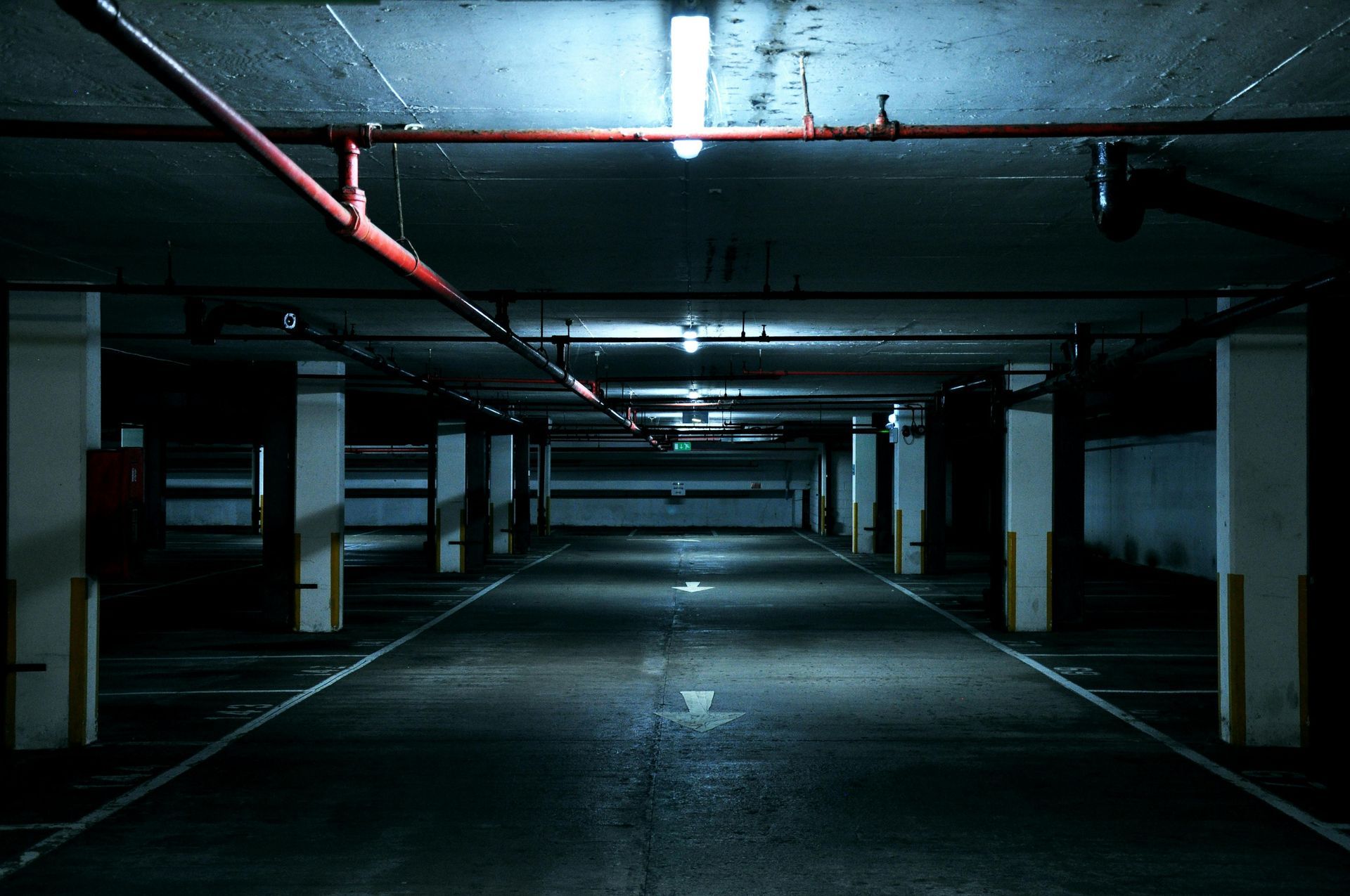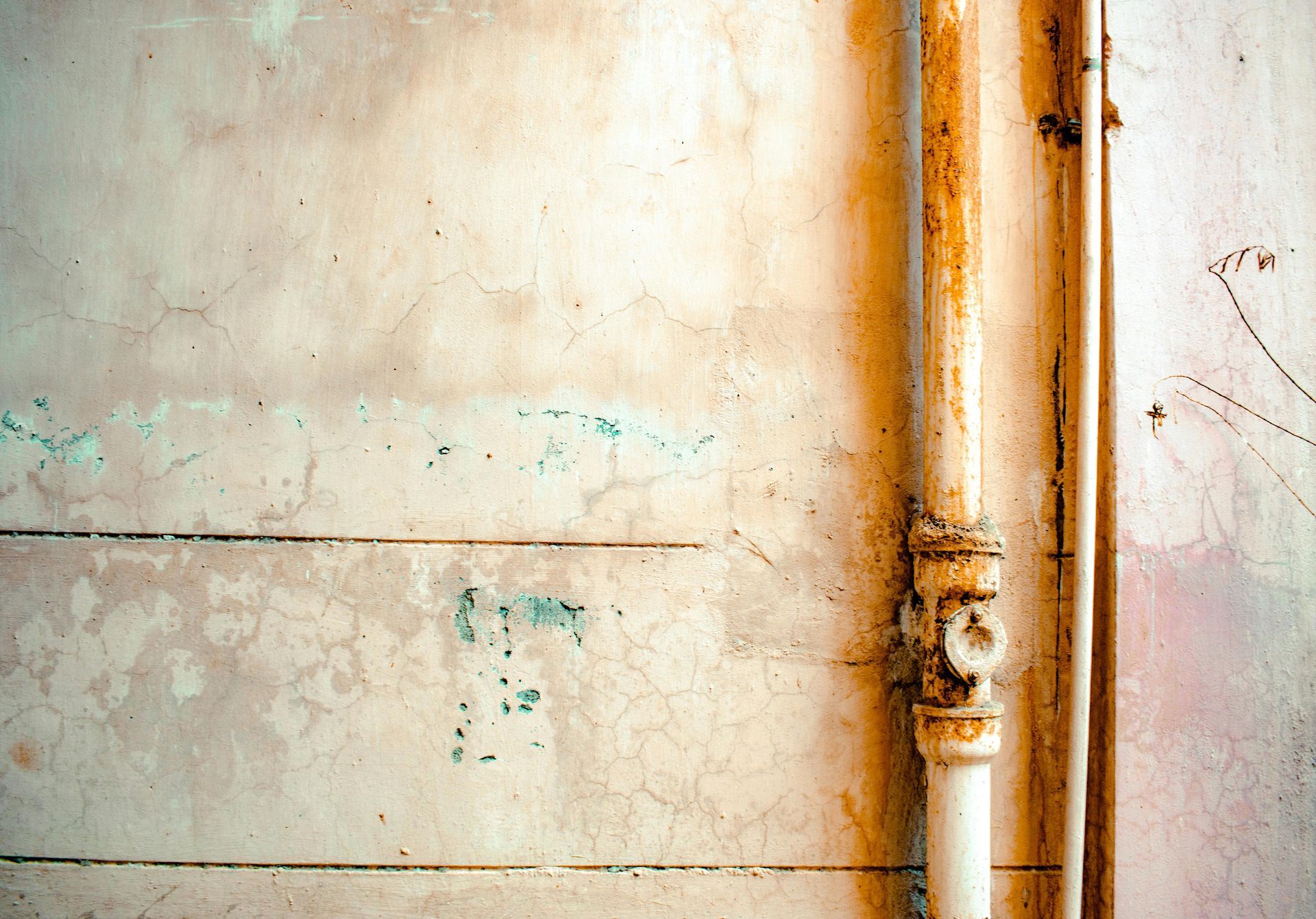How To Prepare Your Plumbing For A Home Renovation?
Preparing your plumbing for a home renovation is a critical step that can help you avoid costly surprises, delays, and potential damage to your property. Whether you’re remodeling your kitchen, bathroom, or tackling a whole-house renovation, a thorough plumbing assessment and proactive maintenance will ensure your project runs smoothly and efficiently. This guide covers essential steps for plumbing preparation, including how to maintain your washing machine hoses, address sump pump repairs, and why it’s wise to consult professionals like All City Plumbers for expert advice and service.
Understanding the Importance of Plumbing Preparation
Home renovations often involve moving or upgrading plumbing fixtures, rerouting pipes, and sometimes even expanding your plumbing system to accommodate new appliances or layouts. Neglecting your plumbing during the planning phase can lead to a host of problems, such as leaks, poor water pressure, drainage issues, and even water damage. By taking the time to assess and prepare your plumbing before demolition begins, you can identify potential issues, plan for necessary upgrades, and ensure your renovation proceeds without unnecessary interruptions.
A well-prepared plumbing system not only supports your renovation goals but also contributes to the long-term health and efficiency of your home’s infrastructure. This is especially important if your project involves adding new fixtures, relocating existing ones, or integrating advanced appliances that require specialized plumbing connections.
Assessing Your Existing Plumbing System
Before you start any renovation work, it’s essential to thoroughly evaluate the current state of your plumbing. Begin by locating all existing pipes, drains, and shutoff valves. Understanding the layout of your plumbing system will help you avoid accidental damage during construction and ensure that your new design aligns seamlessly with the existing infrastructure.
Check for signs of aging or wear, such as corroded pipes, leaks, or slow drains. Addressing these issues before your renovation begins will prevent complications and costly repairs down the line. If your home is older, consider upgrading outdated materials like galvanized steel pipes to modern, corrosion-resistant alternatives such as PVC or PEX. This is also an ideal time to inspect and maintain your washing machine hoses, which are often overlooked but can cause significant water damage if they fail. Regularly inspect hoses for cracks, bulges, or leaks, and replace them every three to five years to prevent unexpected failures during or after your renovation.
Planning for Plumbing Upgrades and Rerouting
If your renovation involves changing the layout of your kitchen, bathroom, or laundry room, you may need to reroute plumbing lines or upgrade your system to accommodate new fixtures. Work closely with your contractor or a licensed plumber to map out the new plumbing routes and ensure they comply with local building codes. Proper planning will help you avoid issues like incorrect pipe sizing, which can lead to low water pressure, drainage problems, or even backups and water damage.
Consider the capacity of your existing plumbing system. Adding more fixtures than your system can handle may require upgrading drain lines or increasing the size of your water supply pipes. This is especially important if you’re installing a new laundry room, additional bathrooms, or a kitchen with multiple sinks and appliances.
Addressing Basement and Crawl Space Plumbing
If your renovation includes work in the basement or crawl space, pay special attention to the condition of your sump pump and associated plumbing. A functioning sump pump is essential for preventing flooding and water damage, especially in areas prone to heavy rain or high groundwater. Inspect your sump pump for signs of wear, test its operation, and address any sump pump repairs before starting your renovation. If your pump is old or showing signs of malfunction, consider replacing it to avoid costly water damage during or after your project.
Ensure that all basement and crawl space plumbing is properly insulated and protected from freezing temperatures, especially if your renovation involves new plumbing runs or changes to the existing system. This will help prevent frozen pipes and the associated risks of leaks and water damage.
Maintaining and Protecting Plumbing During Construction
During the renovation process, it’s important to protect your plumbing from damage caused by construction debris, accidental impacts, or improper handling. Cover exposed pipes and fixtures with protective materials, and clearly mark the location of all plumbing lines to avoid accidental punctures or cuts.
If your renovation requires shutting off the water supply, make sure everyone on the project team knows the location of the main shutoff valve and how to use it. This will help prevent accidental flooding if a pipe is damaged during construction.
Consulting Professional Plumbers for Expert Guidance
While some homeowners are comfortable handling minor plumbing tasks, most renovation projects benefit from the expertise of a licensed plumber. Professionals like All City Plumbers can provide valuable insights into the best materials, installation techniques, and code requirements for your project. They can also help you troubleshoot complex issues, perform necessary upgrades, and ensure that your plumbing system is ready for the demands of your new space.
Consulting a professional is especially important if your renovation involves significant changes to your plumbing layout, adding new fixtures, or upgrading outdated components. A licensed plumber can help you avoid common pitfalls, such as incorrect pipe sizing, improper venting, or inadequate drainage, which can lead to long-term problems and costly repairs.
Final Preparations and Ongoing Maintenance
Before you begin your renovation, take the time to gather all the necessary plumbing tools and materials, including pipes, fittings, gaskets, and sealants. Having these items on hand will help you address unexpected issues quickly and keep your project on schedule.
Once your renovation is complete, continue to practice good plumbing maintenance habits. Regularly inspect your plumbing system for leaks, corrosion, or other signs of wear. Maintain your washing machine hoses by checking them for cracks or bulges and replacing them as needed. Keep an eye on your sump pump and address any sump pump repairs promptly to prevent basement flooding.
By following these steps and working with experienced professionals like All City Plumbers, you can ensure that your home’s plumbing is well-prepared for your renovation and ready to support your new space for years to come. Proper preparation and ongoing maintenance will help you avoid costly repairs, water damage, and other plumbing-related headaches, allowing you to enjoy the results of your renovation with confidence and peace of mind.

